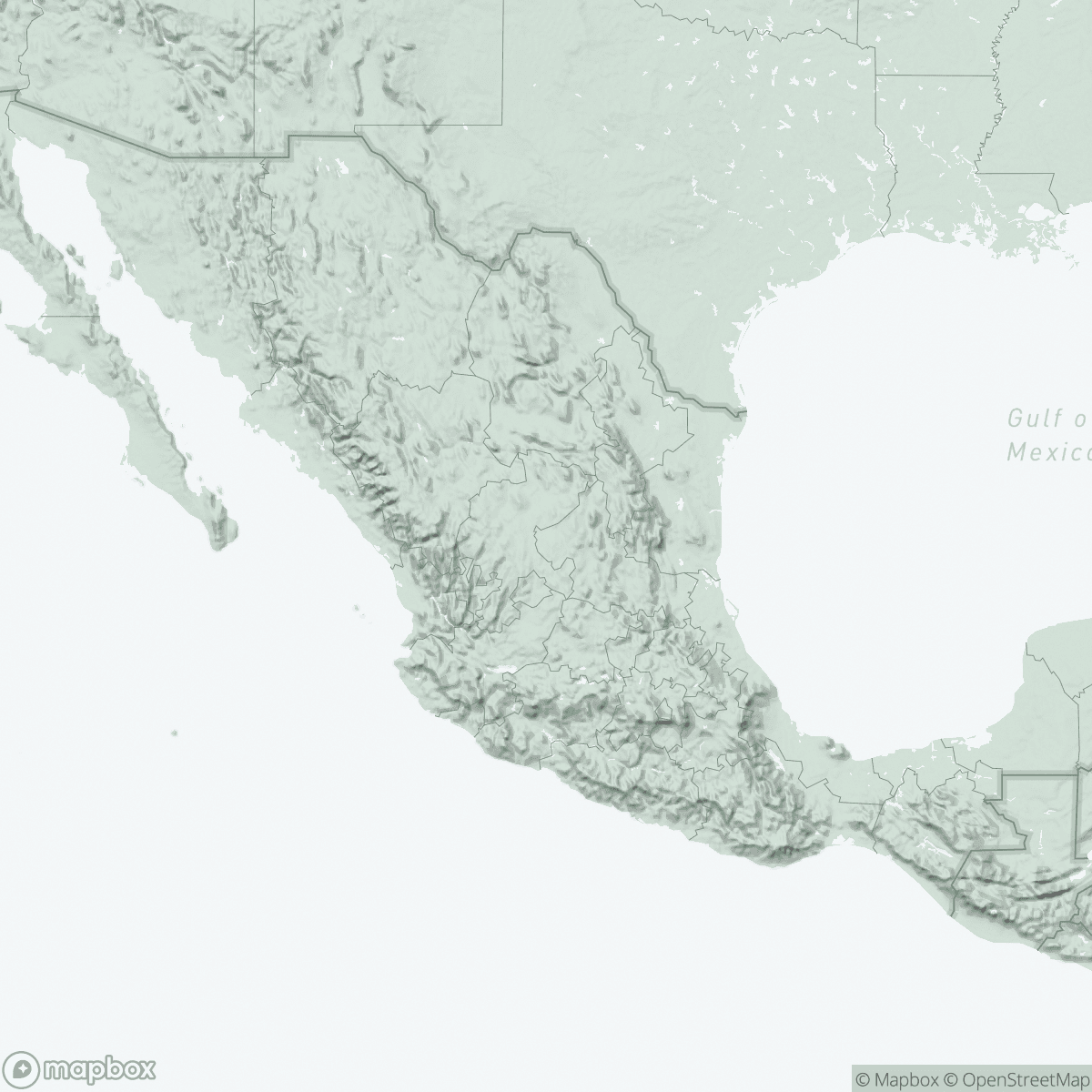
MSF strengthens mobile assistance after increase of caravans in southern Mexico, calls on the authorities to provide safe migration routes
In 1 click, help us spread this information :
Since the end of October, Médecins Sans Frontières / Doctors Without Borders (MSF) has redoubled providing medical care via mobile clinics in southern Mexico, in response to the significant increase in caravans of people, who move in groups to avoid violence on their way to the US border. MSF calls on the authorities for ensuring safe migration routes and making basic services available to people on the move.
In the southern states of Chiapas, Oaxaca and Veracruz, MSF teams carried out 855 medical consultations between 24 September and 8 November, after assisting the arrival of eight caravans made up of some 5,000 people. Teams have provided care to people in six of these caravans in the last three weeks, after they had originally departed from the city of Tapachula, on the border with Guatemala. In the coming days, authorities expect the formation of even larger new caravans and their transit through different points in southern Mexico.
“The violence to which people all ages are exposed as they pass through Mexico, including kidnappings, extortion or sexual violence, forces them to travel in caravans as a protection mechanism,” says Ricardo Santiago, MSF project coordinator in southern Mexico. “The size of the caravans is growing considerably. If in September and October they were made up of just a few hundred people, now they are made up of thousands.”
Caravans are the tip of the iceberg of the migration phenomenon in Mexico, where between January and August 2024 more than 925,000 cases of people in an irregular migration situation were reported, an increase of 131% compared to the same period of the previous year, according to official data.
“Apart from violence, migrants group together in caravans in reaction to an extremely complex process to seek asylum both in Mexico, as well as with the US CBP-One system, and the delay in obtaining responses,” explains Santiago.
“Beyond the caravans, there is a huge and very vulnerable population on the move that is very difficult to reach and provide the medical care they need.”
MSF activities took place in the towns of Santiago Niltepec, La Venta, Sayula de Alemán and Huixtla. Among the people treated were patients with acute respiratory diseases, musculoskeletal diseases, and skin and gastrointestinal conditions, due to the consumption of unsafe water, long walks and high temperatures.
People with chronic diseases such as high blood pressure, asthma, and diabetes, were also treated. We also provided consultations on sexual and reproductive health, and a girl in serious condition with an infected foot had to be referred to a hospital with the support of the authorities.

Ariel, a young venezuelan, was travelling in a group of 11 people, mostly family members.
“In Tapachula, the economic situation is not favourable for migrants, a candy bar costs the same as a lunch and that doesn’t make sense; rent or hotel accommodations are too expensive, and we don’t have support,” says Ariel. “We can’t take a bus, there are no safe routes, and they don’t let us through either. The only option is to go out in a caravan,” she says, while waiting to be seen at a mobile clinic in Sayula de Alemán. “I feel like I had no home. Nobody welcomes you with open arms,” she says through tears.
“I feel like I had no home. Nobody welcomes you with open arms.”
Violence, and the difficulties faced during the migration process, have a great impact on the mental health of people on the move. Anxiety, acute stress, depression, and post-traumatic stress disorder are the main conditions treated by MSF teams in the 69 individual mental health consultations carried out during these last mobile clinics.

Daniel Bruce, head of the MSF base in Tapachula, recalls that in Huixtla on 8 November, he saw a man run and throw himself in a corner, cover himself with some clothes, and cry inconsolably.
“I asked him if he was okay, and he just hugged me and cried,” says Bruce. “The team was able to care for him, contain him and give him tools to deal with what he was experiencing.” Bruce adds that they also assisted a person who had been kidnapped. “His hands had been burned and he had been tortured during his captivity,” he says.
“We witness every day the suffering and invisibility of people on the move and the impact on their physical and mental health,” continues Bruce.
“At MSF we insist to the Mexican authorities on the need to address the consequences of violence, provide safe migration routes, and reinforce the basic services available to people, including health care and spaces where they can rest with dignity.”
MSF has been present in Mexico since 1985. We currently manage projects in Matamoros, Reynosa, Mexico City, Coatzacoalcos, Tapachula and Suchiate providing medical care to the population on the move, and we are always adapting to a very changing migration route. Since August, we have also had a team in Juchitán, but due to the low number of consultations there, from the end of November this team will focus on other busier areas in southern Mexico, maintaining support for the Ixtepec shelter as well as monitoring the migrant flow in the Isthmus.


